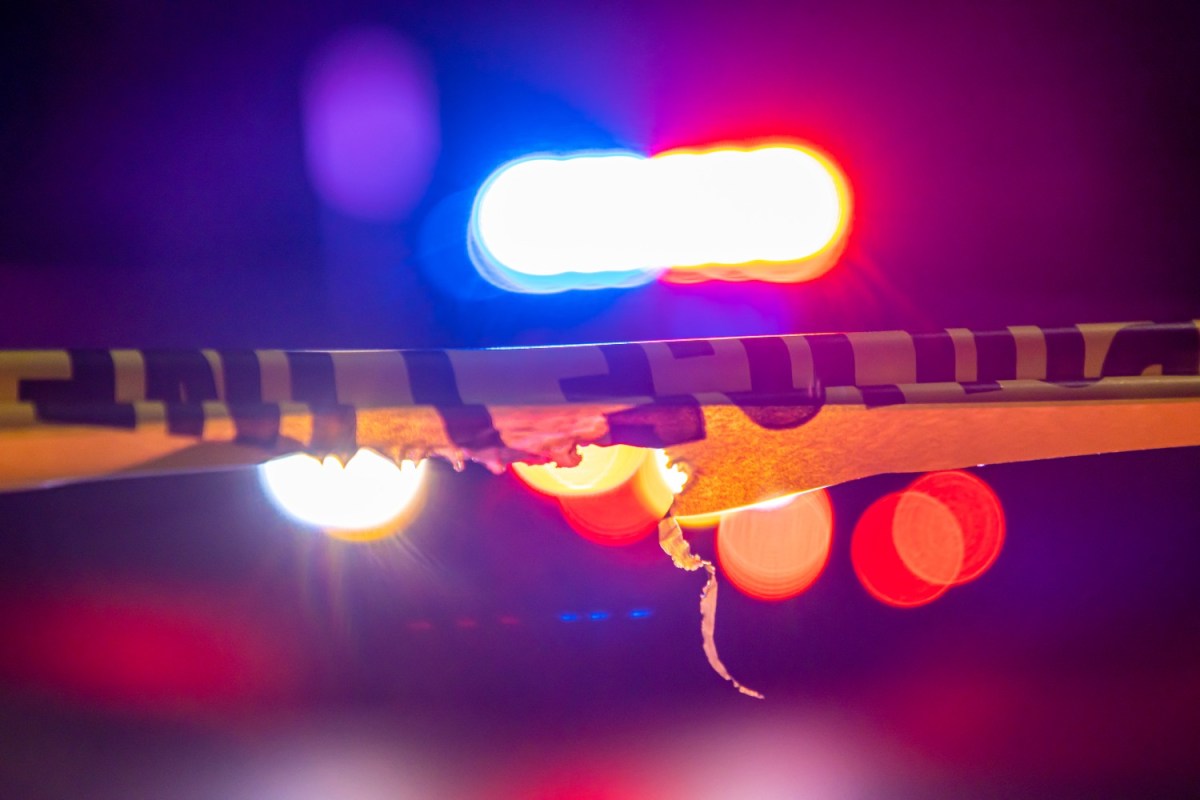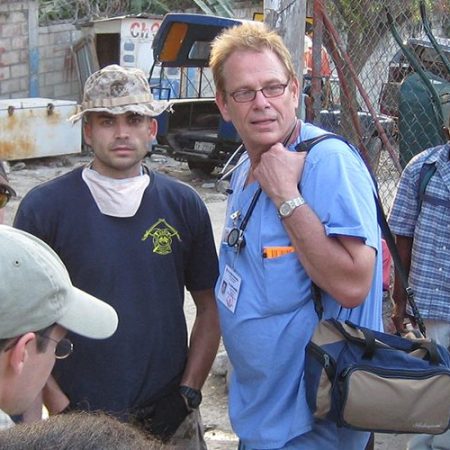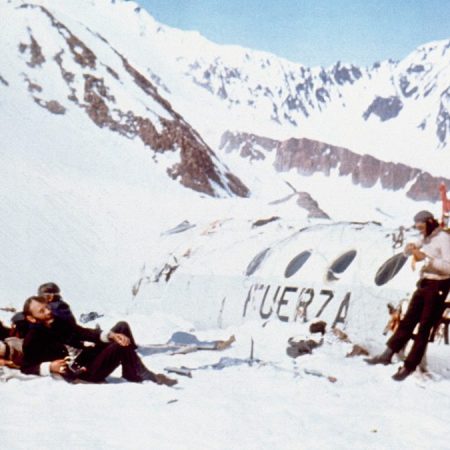What do you consider to be a disaster? Over the course of a few decades, what might have been previously unthinkable is now significantly more familiar — as unnerving as that may sound. Climate-related disasters come to mind, as does the recent pandemic — and that’s before factoring in violent incidents, infrastructure failures and catastrophes at crowded events.
The increasing frequency of these events raises plenty of questions about the best response to them — both in experiencing them directly and in caring for survivors.
Seemingly unconventional advice from one expert can reveal plenty about the small acts that can make a difference during difficult times. Writing at The New Yorker, Sam Knight profiled Lucy Easthope, who Knight described as “one of Britain’s most experienced disaster advisers.” And her advice focuses on human interactions — both between authorities and survivors and among members of a community.
Easthope described small acts as “so tiny but they’re so fundamental” — including everything from disaster responders helping survivors with everyday activities to making sure that bereaved relatives get back the articles left behind by the deceased.
New Survey Reveals the Pandemic’s Unexpected Impact on Global Happiness
The World Happiness Report has weighed inIt can be unsettling to think about future disasters, but Easthope makes a compelling case for it. At one point, Knight describes Easthope giving a presentation about emergency preparedness. “We’re going to be using a lot of ‘when’ today,” Easthope said. “I don’t use ‘if.’ I don’t touch wood too much.” It isn’t necessarily an easy thing to think about, but it can make a big difference.
Thanks for reading InsideHook. Sign up for our daily newsletter and be in the know.


















